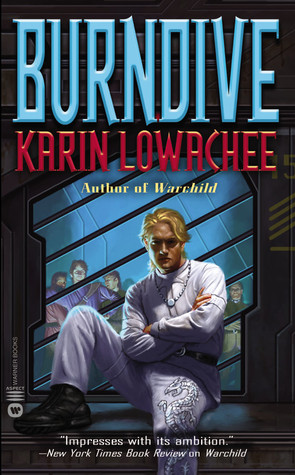




Mark does not speak, although he’s able to, and he seems to remain in a semi-catatonic state for most of the time, only showing some reactions when thunderstorms move over the area: that’s when his repressed memories flare up and Tawn finds him curled up on the floor, a tearless keening issuing from him. A human veteran, Tawn, whose spinal injury forced him in a wheelchair, accepts to act as… well, tutor for Mark and to help him move forward toward a more integrated existence, despite the protests of his neighbors – somehow afraid for their children’s safety – and his mother, terrified beyond reason that Mark might one day hurt or kill her son. Mark, that’s the name it was identified with, is the sole survivor of his platoon – all of them androids built by the military to fight in an unspecified war in space – and despite the re-programming he underwent he’s still in shock and does not speak. It came therefore as no surprise that this story concerned the difficult return to normality after the ravages of PTSD, but in this case the subject is an android. Some years ago I read a novel from Karin Lowachee – Warchild – whose main focus was on post-traumatic syndrome: in that case it was the story of a young boy captured by pirates, abused and bound by force to their way of life. (click on the link to read the story online)


 0 kommentar(er)
0 kommentar(er)
